Home / jammu-kashmir / Jammu and Kashmir Assembly Passes Resolution Calli
Jammu and Kashmir Assembly Passes Resolution Calli
By: My India Times
4 minutes read 21Updated At: 2024-11-07
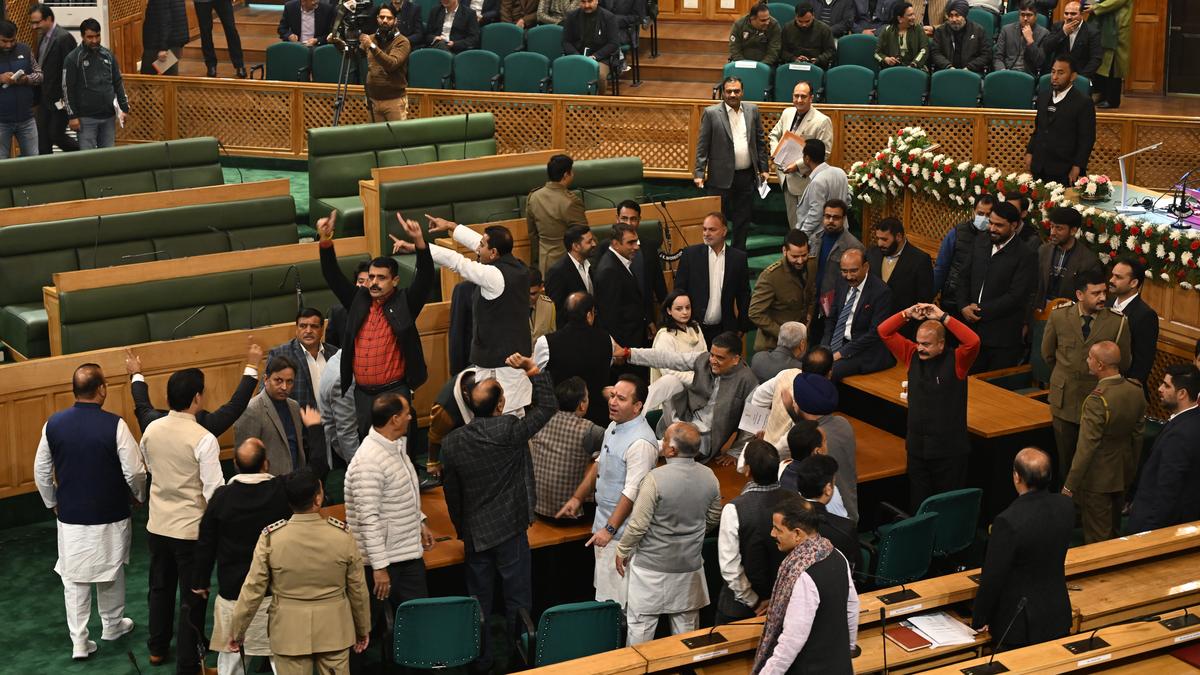
In a historic and emotionally charged session on Wednesday, November 6, 2024, the Jammu and Kashmir (J&K) Assembly passed a resolution calling for the restoration of the special status that the erstwhile state enjoyed prior to its reorganization in 2019. The resolution, which seeks a dialogue between the Centre and elected representatives, was passed amidst intense uproar, underscoring the deep sentiments surrounding the issue of J&K's autonomy.
A Divisive Yet Defining Moment for Jammu and Kashmir
The proceedings were marked by heated debates, as members from various political parties voiced strong opinions, some in favor of restoring the special status and others opposing the move. For the residents of Jammu and Kashmir, the debate touches on deeply personal issues—identity, rights, and the future of their region. This resolution is not just a political move but a reflection of the aspirations of countless people who have lived through a period of uncertainty since the revocation of Article 370.
“Jammu and Kashmir has always been a region of great emotional significance for us. The removal of our special status was not just a political decision but something that affected our very sense of belonging,†said Sajad, a university student from Srinagar. His words capture the sentiments of many who feel disconnected from the changes made three years ago.
Political Leaders Rally for the Restoration of Rights
The resolution was championed by the National Conference (NC) and its allies, including the Congress, who have long opposed the abrogation of Article 370. The House witnessed moments of tension as members expressed their frustration over the perceived marginalization of the region in the aftermath of the reorganization.
Omar Abdullah, the leader of the NC, passionately addressed the Assembly, emphasizing that the restoration of special status is crucial for preserving the region's unique identity and safeguarding the interests of its people. “The people of Jammu and Kashmir deserve the right to determine their future. The special status was not just a privilege; it was a safeguard for our cultural and political identity,†Abdullah stated.
The resolution, passed amid loud protests, now calls for an urgent dialogue between the Union Government and the elected representatives of Jammu and Kashmir to address the restoration of statehood and special status.
A Personal Plea for Peace and Dialogue
For many citizens in the region, the political drama unfolding in the Assembly represents more than just a debate—it symbolizes hope for the future. Ameer, a small business owner from Jammu, shared his view: “The special status gave us a sense of security, a belief that we were different, and that our rights would be safeguarded. I hope this resolution is the first step toward restoring that peace and dignity for us.â€
However, not everyone in the region shares this view. Some people, particularly from the younger generation, are more focused on progress and development, hoping to move beyond the contentious issue of special status. “While I understand the emotions involved, I believe we need to focus on our economic growth and integration with the rest of the country,†said Kashish, a young professional from Jammu.
The Tensions That Shape the Debate
The uproar in the Assembly reflects not just political divisions but the deep-seated tensions that have characterized Jammu and Kashmir for decades. For years, the region has witnessed a struggle between those who feel their identity and rights are being compromised and others who argue for greater integration with India.
In the aftermath of the resolution’s passing, residents of Jammu and Kashmir are left wondering what the future holds. Will the Centre respond to the call for dialogue, or will the region remain caught in political limbo? The resolution represents a bold assertion of regional identity, but it is also a reminder of the fragile state of affairs in a region that has faced decades of conflict and uncertainty.
Looking Ahead: A Region in Search of Stability
As the Assembly session was adjourned and the House emptied, the people of Jammu and Kashmir returned to their daily lives, their hopes and fears wrapped in the resolution passed earlier in the day. For many, the political drama was not just about the passing of a resolution—it was about the possibility of peace and justice being restored to a region that has long been yearning for stability.
“This isn’t just about politics. It’s about the future of my children and the kind of Jammu and Kashmir we leave behind,†said Rubina, a mother from Srinagar. “We have waited long enough for our voices to be heard. This resolution is a step toward ensuring that our future is not shaped without our consent.â€
....In a historic and emotionally charged session on Wednesday, November 6, 2024, the Jammu and Kashmir (J&K) Assembly passed a resolution calling for the restoration of the special status that the erstwhile state enjoyed prior to its reorganization in 2019. The resolution, which seeks a dialogue between the Centre and elected representatives, was passed amidst intense uproar, underscoring the deep sentiments surrounding the issue of J&K's autonomy.
A Divisive Yet Defining Moment for Jammu and Kashmir
The proceedings were marked by heated debates, as members from various political parties voiced strong opinions, some in favor of restoring the special status and others opposing the move. For the residents of Jammu and Kashmir, the debate touches on deeply personal issues—identity, rights, and the future of their region. This resolution is not just a political move but a reflection of the aspirations of countless people who have lived through a period of uncertainty since the revocation of Article 370.
“Jammu and Kashmir has always been a region of great emotional significance for us. The removal of our special status was not just a political decision but something that affected our very sense of belonging,†said Sajad, a university student from Srinagar. His words capture the sentiments of many who feel disconnected from the changes made three years ago.
Political Leaders Rally for the Restoration of Rights
The resolution was championed by the National Conference (NC) and its allies, including the Congress, who have long opposed the abrogation of Article 370. The House witnessed moments of tension as members expressed their frustration over the perceived marginalization of the region in the aftermath of the reorganization.
Omar Abdullah, the leader of the NC, passionately addressed the Assembly, emphasizing that the restoration of special status is crucial for preserving the region's unique identity and safeguarding the interests of its people. “The people of Jammu and Kashmir deserve the right to determine their future. The special status was not just a privilege; it was a safeguard for our cultural and political identity,†Abdullah stated.
The resolution, passed amid loud protests, now calls for an urgent dialogue between the Union Government and the elected representatives of Jammu and Kashmir to address the restoration of statehood and special status.
A Personal Plea for Peace and Dialogue
For many citizens in the region, the political drama unfolding in the Assembly represents more than just a debate—it symbolizes hope for the future. Ameer, a small business owner from Jammu, shared his view: “The special status gave us a sense of security, a belief that we were different, and that our rights would be safeguarded. I hope this resolution is the first step toward restoring that peace and dignity for us.â€
However, not everyone in the region shares this view. Some people, particularly from the younger generation, are more focused on progress and development, hoping to move beyond the contentious issue of special status. “While I understand the emotions involved, I believe we need to focus on our economic growth and integration with the rest of the country,†said Kashish, a young professional from Jammu.
The Tensions That Shape the Debate
The uproar in the Assembly reflects not just political divisions but the deep-seated tensions that have characterized Jammu and Kashmir for decades. For years, the region has witnessed a struggle between those who feel their identity and rights are being compromised and others who argue for greater integration with India.
In the aftermath of the resolution’s passing, residents of Jammu and Kashmir are left wondering what the future holds. Will the Centre respond to the call for dialogue, or will the region remain caught in political limbo? The resolution represents a bold assertion of regional identity, but it is also a reminder of the fragile state of affairs in a region that has faced decades of conflict and uncertainty.
Looking Ahead: A Region in Search of Stability
As the Assembly session was adjourned and the House emptied, the people of Jammu and Kashmir returned to their daily lives, their hopes and fears wrapped in the resolution passed earlier in the day. For many, the political drama was not just about the passing of a resolution—it was about the possibility of peace and justice being restored to a region that has long been yearning for stability.
“This isn’t just about politics. It’s about the future of my children and the kind of Jammu and Kashmir we leave behind,†said Rubina, a mother from Srinagar. “We have waited long enough for our voices to be heard. This resolution is a step toward ensuring that our future is not shaped without our consent.â€
By: My India Times
Updated At: 2024-11-07
Tags: jammu-kashmir News | My India Times News | Trending News | Travel News
Join our WhatsApp Channel



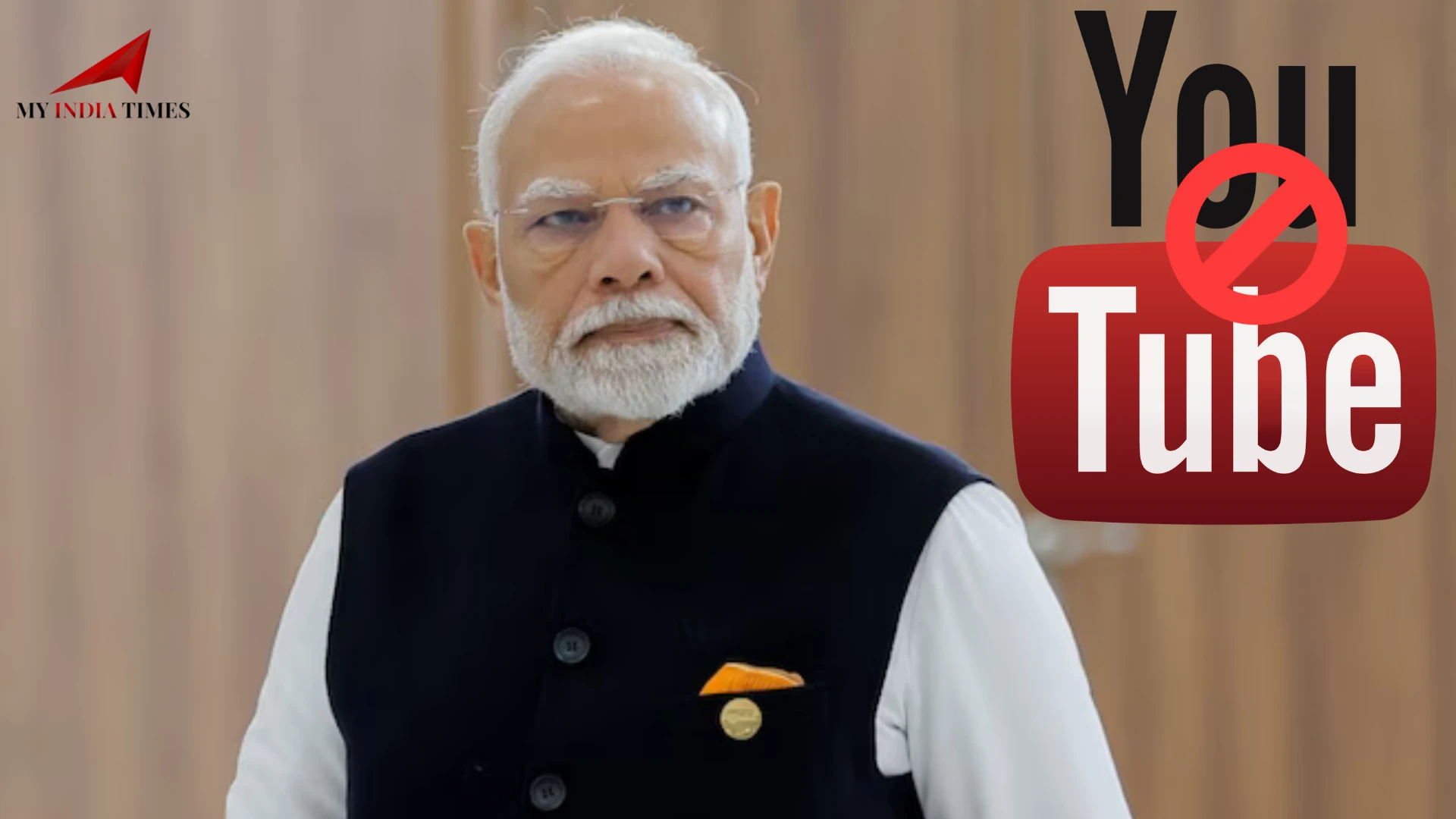
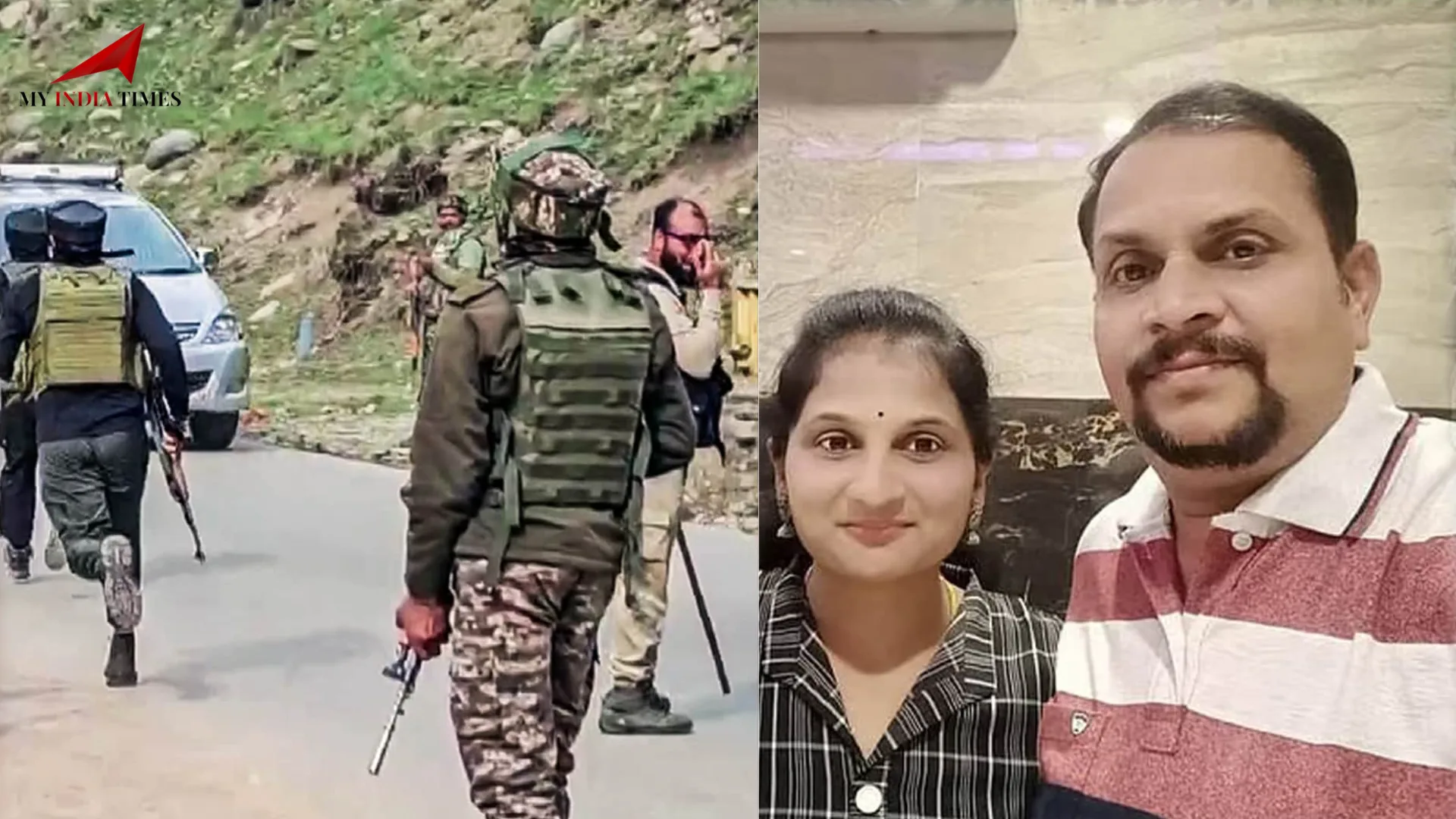
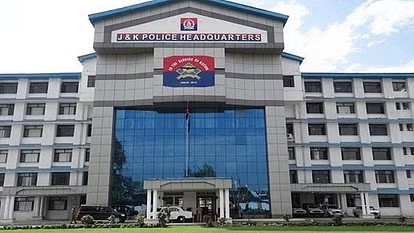
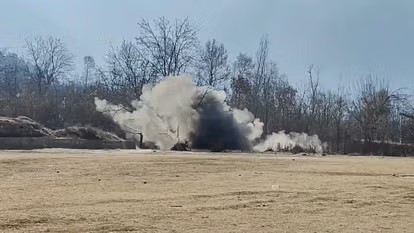
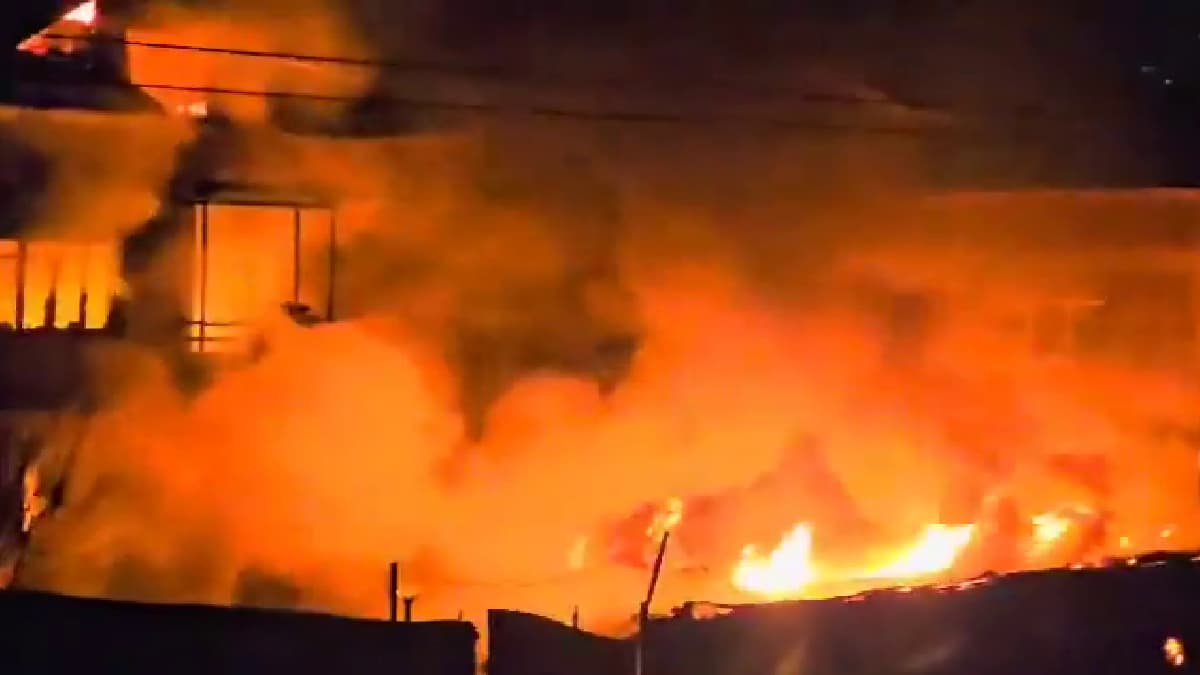
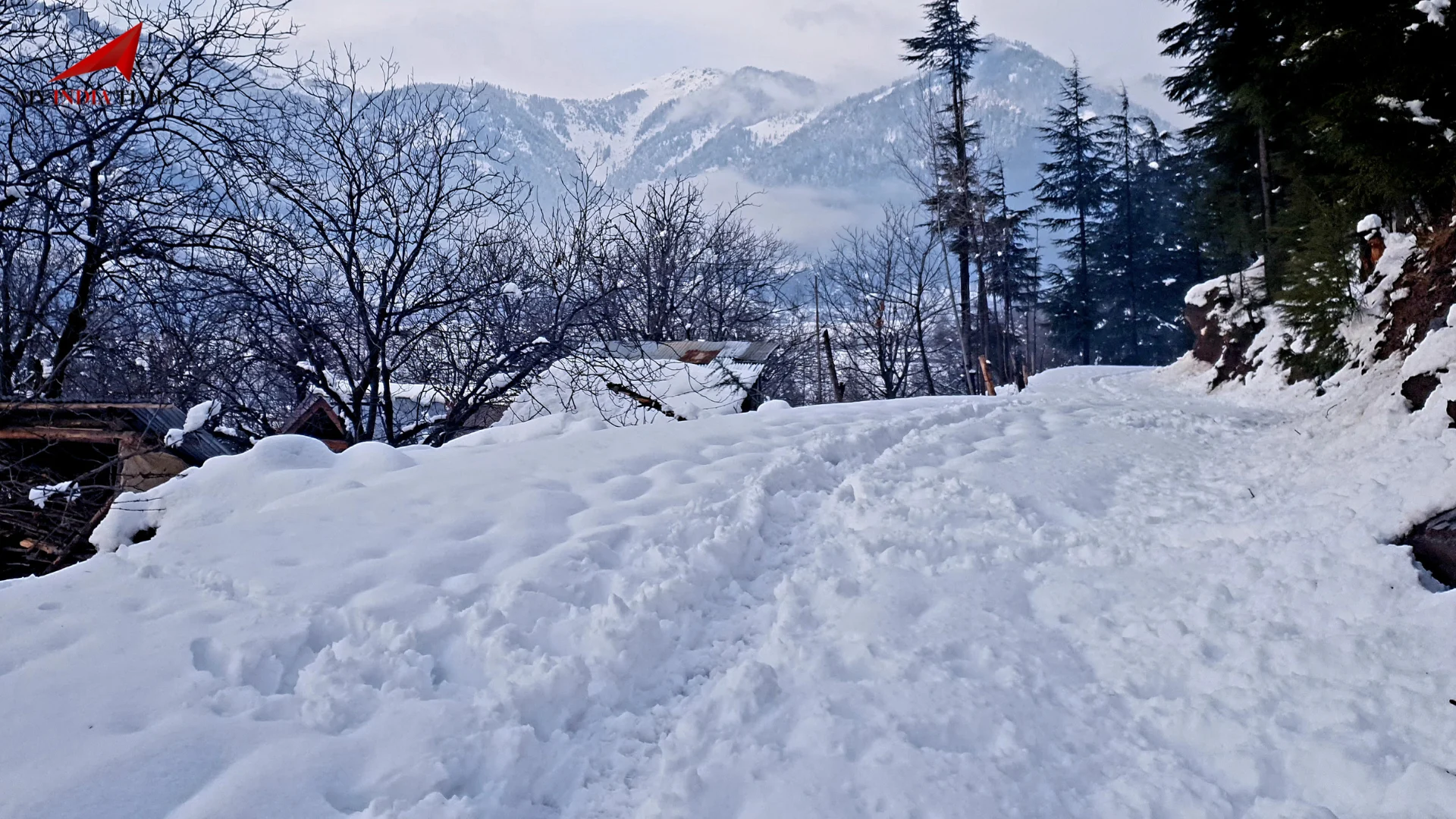



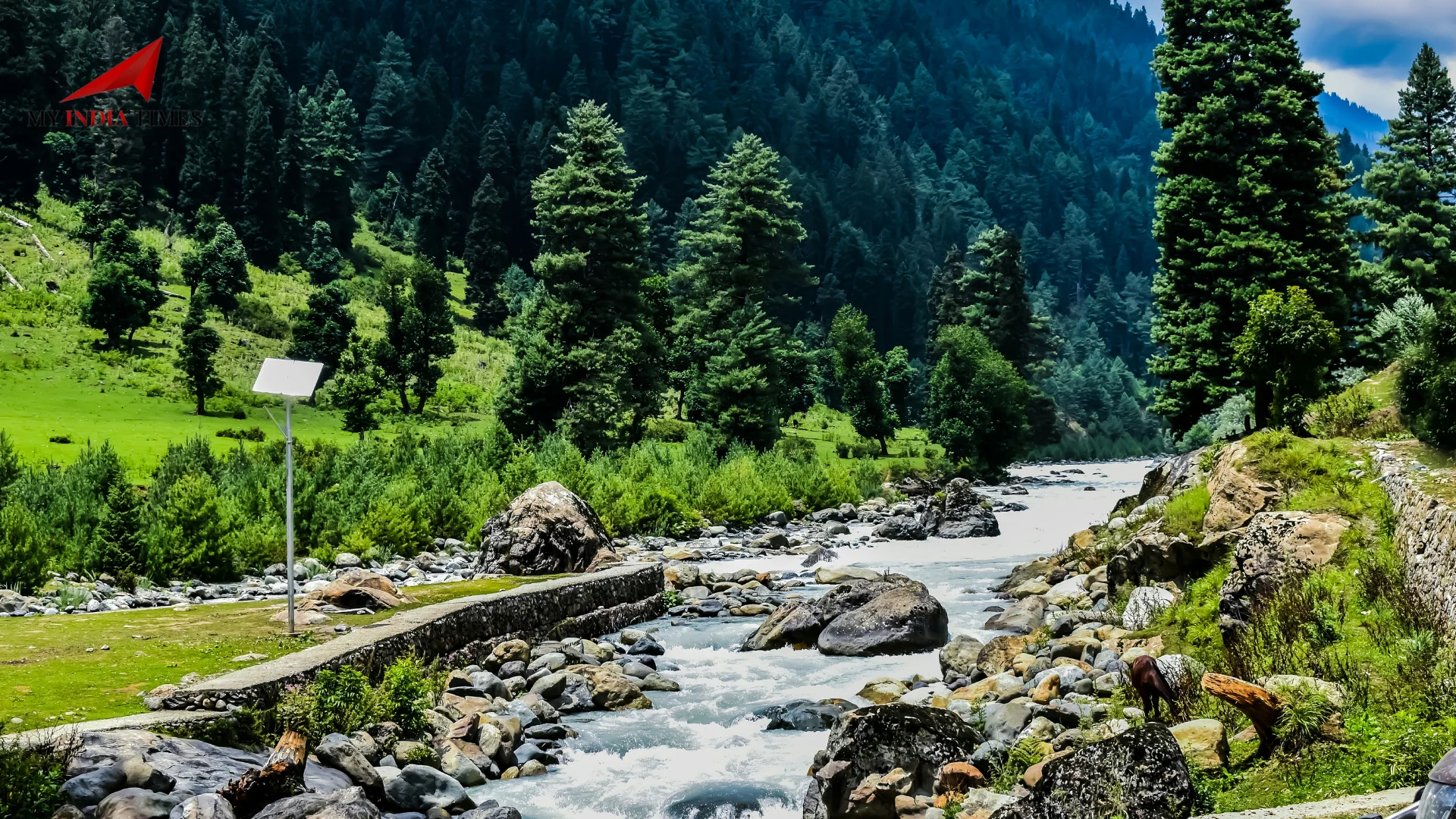
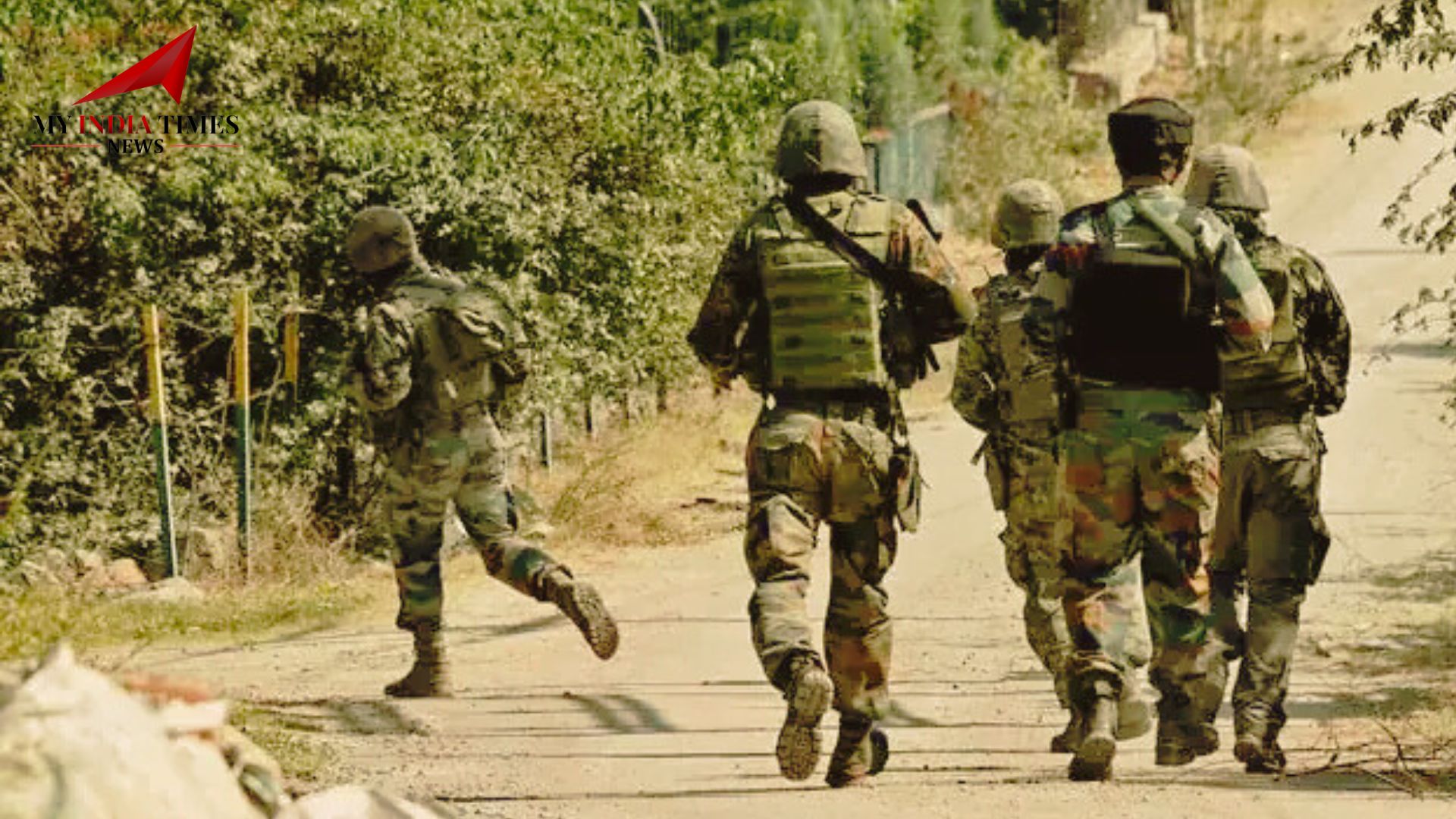
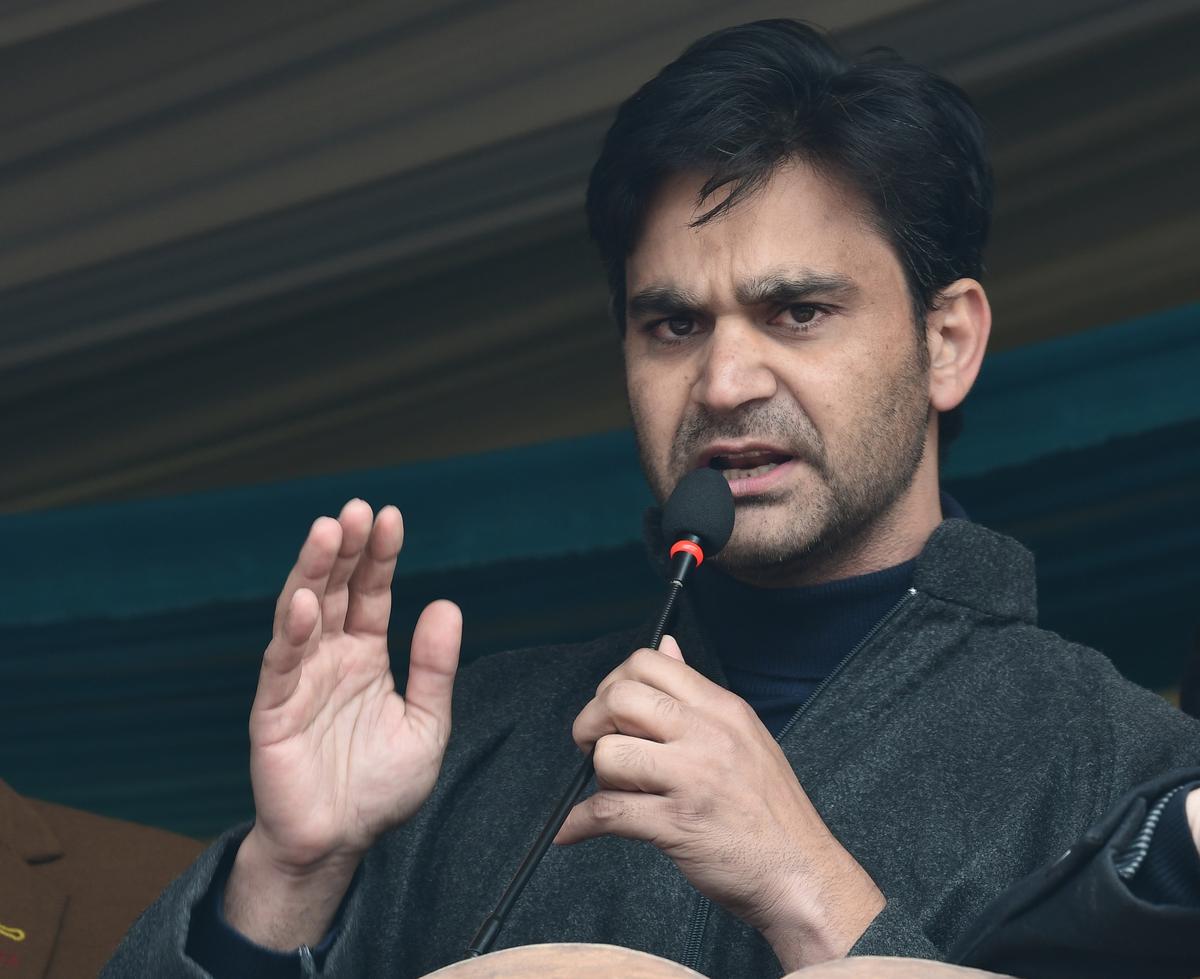

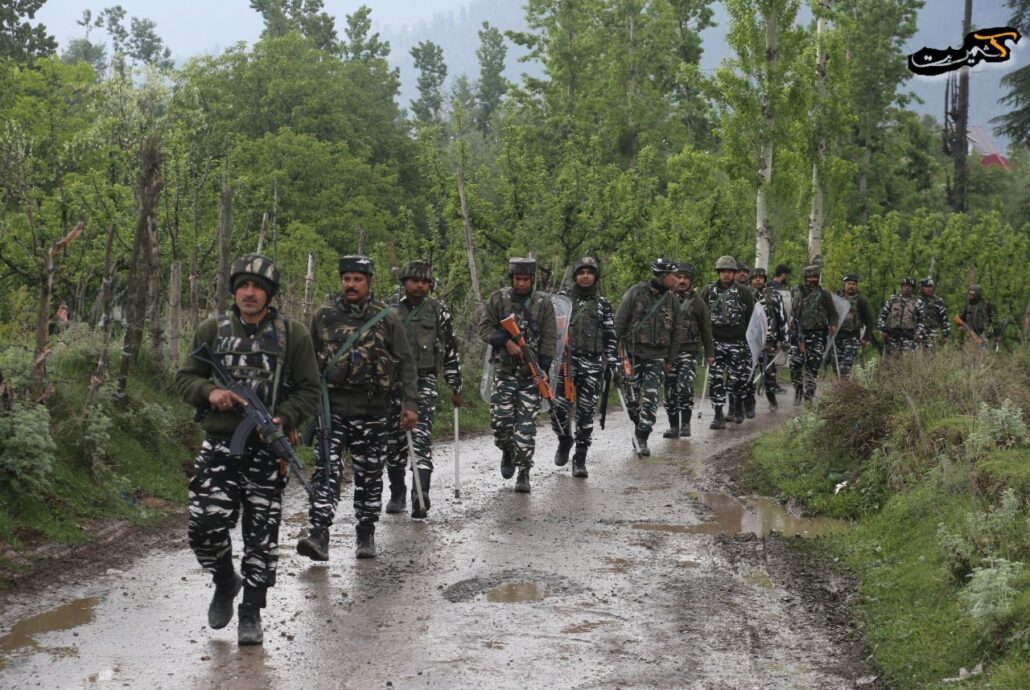

























































































.png)
 (1).png)























